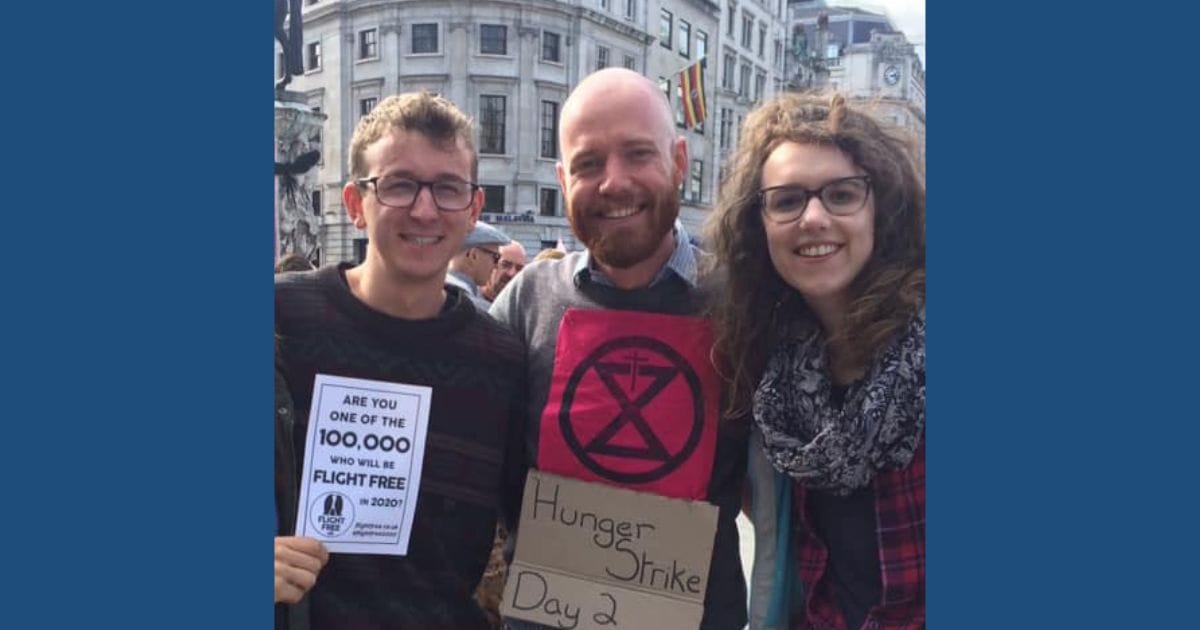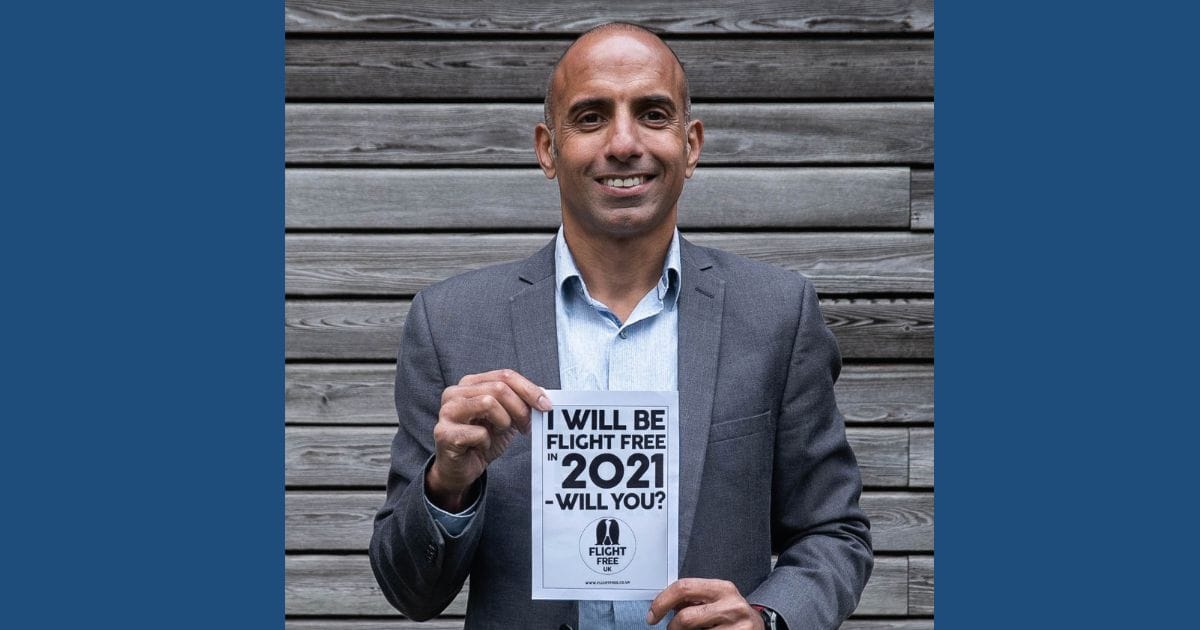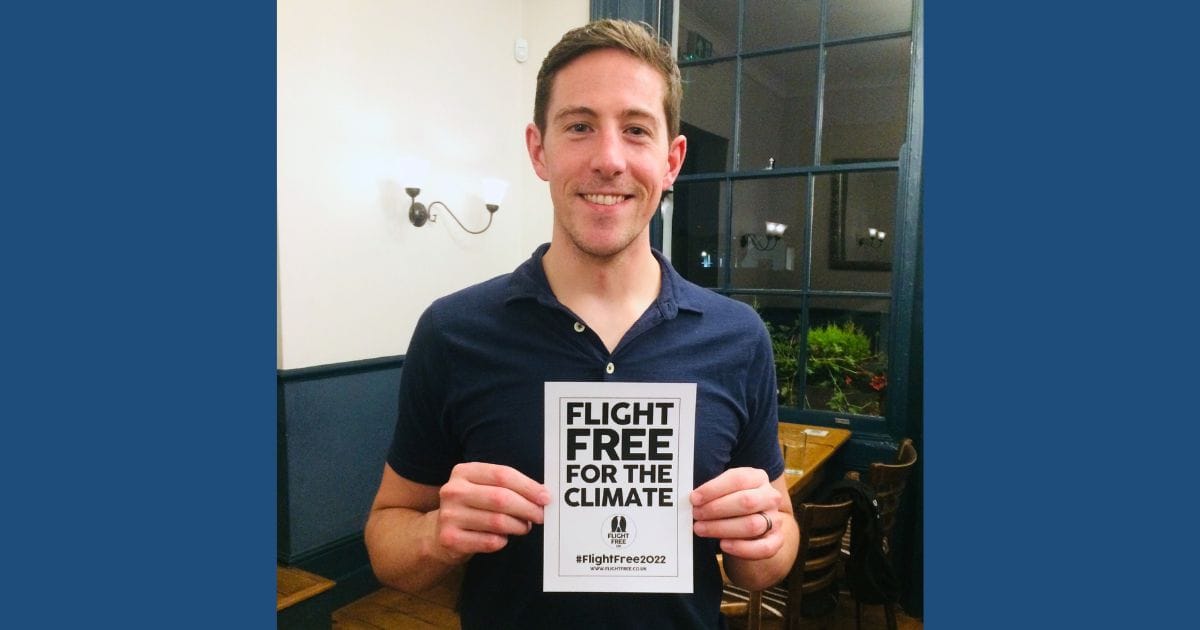
Byway is the world’s first platform for flight-free holidays, offering travel and accommodation packages away from the traditional tourist trails, using trains, bikes, buses and ferries.
Cat Jones, Byway founder and CEO, shares seven ways to keep your holidays carbon-friendly.
1. The big brains say take the train
Flying is still up there as the number one no-no when it comes to carbon emissions. You can recycle or go plastic-free and vegan all you like, but jump on a flight and you could ruin all your good habits in one fell swoop.
Calculating carbon emissions for train versus air travel is complex as it depends on the model of your train or plane, the distance covered and route taken, occupancy and so on, but here are a few essential travel stats:
- Eurostar’s research shows that taking the train from London to Paris instead of flying cuts CO2 emissions by 90%
- Comparisons on EcoPassenger show that taking the train between European cities costs the planet, on average, six times less than flying, in carbon currency
- DEFRA stats show that UK domestic flights emit, on average, five times more CO2 than taking the same journey by train
Science has got this one. And we have your back when it comes to bookings. We’ve worked hard to create delightful holidays that don’t rely on flights: our breaks are 100% flight free, and much more delightful for it!
2. Don’t go on a shopping frenzy
We all have a tendency to go on a retail rampage before holiday, but don’t go carbon crazy. Fashion is fat on carbon calories, responsible for 10% of annual global carbon emissions, and 85% of it ends up in landfill. Instead of five cheap T-shirts, choose one quality shirt from a sustainable fashion company such as Rapanui.
You probably don’t need loads of cheap toiletries shipped in from abroad, and often you can buy local cosmetics on your holiday anyway. Shoe companies keeping their footprint suitably low include Allbirds and Po-Zu. Less is more when it comes to holiday shopping.
3. Go plastic free
Eliminating single-use plastics has become a way of life for many, and yet so many of us fall from grace on holiday. Sometimes it’s just a case of remembering to add a few essentials to your packing. We suggest:
- a reusable mug, cup and water bottle
- a portable cutlery set and beeswax wraps for picnics
- a tote shopping bag
- a stainless steel straw (if you have to do straws at all)
- washable nappies, or at least biodegradable ones
- plastic-free floss
- soap and shampoo bars packed in an eco toilet bag
- eco-friendly suncreams in aluminium bottles
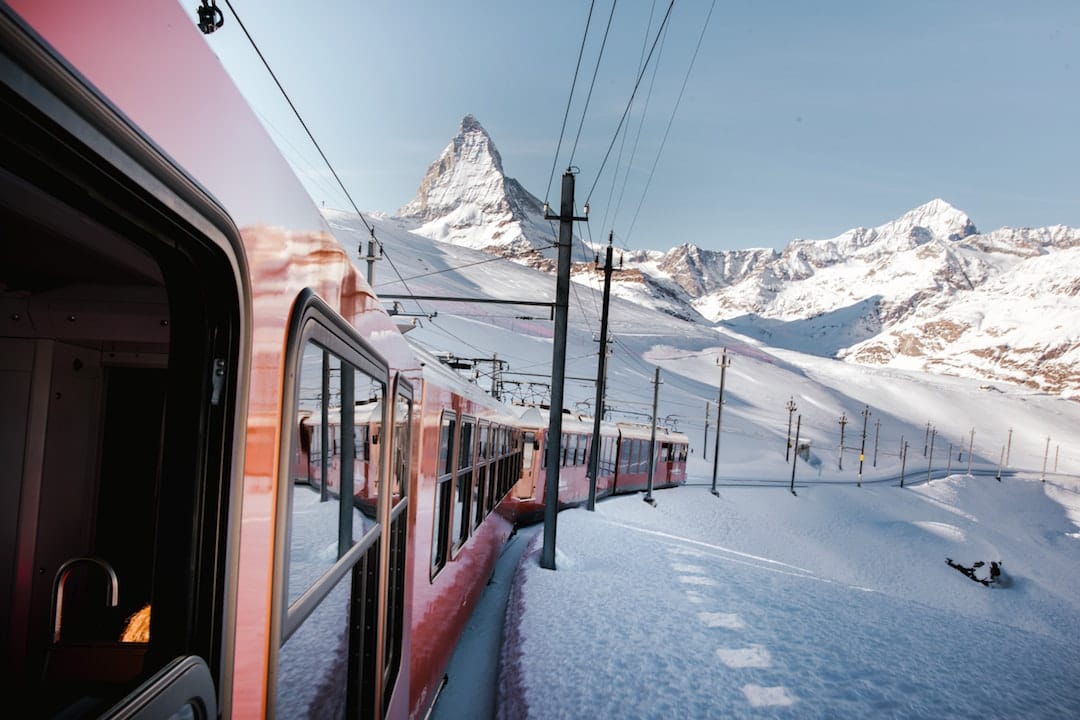
4. Choose recycled luggage
If you are thinking of investing in a new suitcase or travel bag for your holiday, it might be hard to find some that hasn’t been shipped from abroad.
However, if you buy from a sustainable manufacturer at least you know that the supply chain has been as low carbon and low waste as possible. Patagonia, Phoenx and Elvis & Kresse are ones to bag. Personal favourites are Devon’s own Sails and Canvas and Hampshire’s Oarsom, with duffels, totes and weekend bags made from recycled sails.
5. Watch your waste
Recycling has its carbon costs and this is why not all destinations can afford to offer it. The best way to reduce your recycling is to go packaging free, so take a bag to the shops, just as you might at home.
If you find yourself with items that you would normally recycle and there aren’t facilities where you’re visiting, consider leaving a little extra room in your bag so you can bring it back home with you to recycle there. It’s often worth sussing out the recycling facilities in a destination before you travel.
6. Use low carbon transport on holiday
We can recommend plenty of cycling and hiking routes to keep your footprint clean and healthy, and you can also check out local cycling schemes and choose kayaks over cruises, electric cars, and sustainable local transport when you arrive.
7. Support tourism businesses with responsible tourism policies
Many of our activity and accommodation partners have been incorporating low carbon living into their products for years in an effort to keep our planet healthy. It’s always worth checking to see if an activity provider has a responsible or eco policy on its website.
Does the surfing company do beach clean-ups? Is that bike rental company creating links with the community? Are walking guides signed up to Leave No Trace or practising their principles? Are you? It’s worth reading up on them. They’re mostly common sense, but it’s a good idea to remind yourself what Leave No Trace really means.
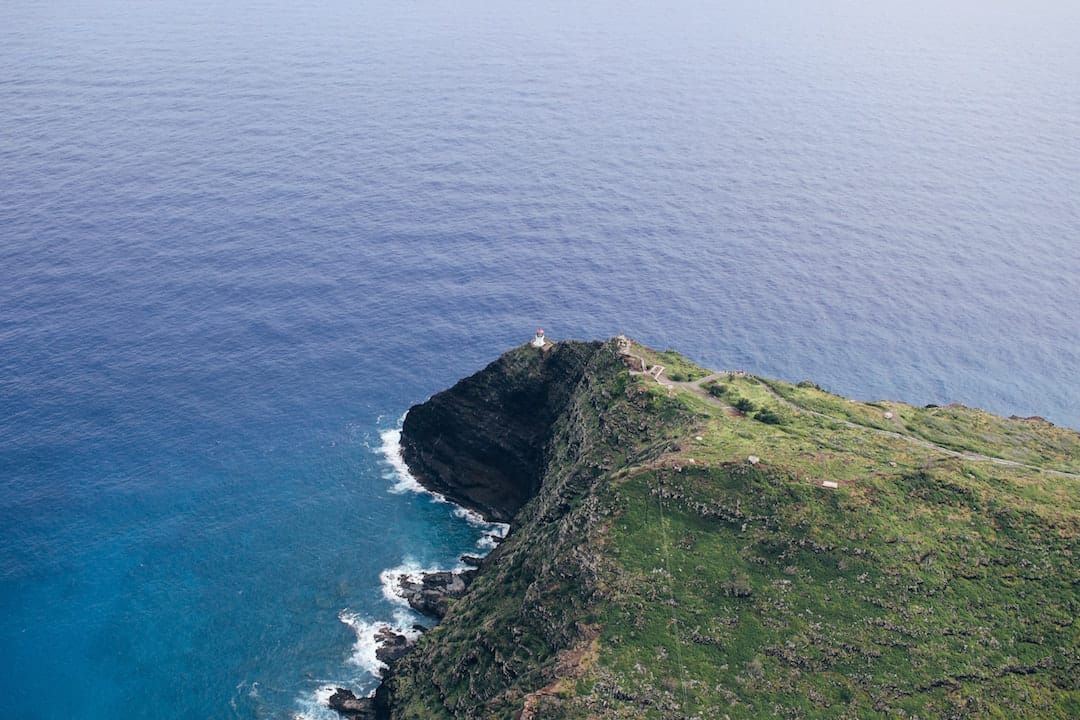
Byway is the world's first platform for flight-free holidays, offering travel and accommodation packages away from the traditional tourist trails, using trains, bikes, buses and ferries. The team at Byway coordinates and books your whole slow travel holiday, and recommends delightful detours and hidden gems en route – experiences and activities, local shops and businesses, and wonderful eateries tucked away from the crowds. They have worked hard to build adventures that don’t rely on flights, and stand by the principle that travelling through the world is better than flying over it.

